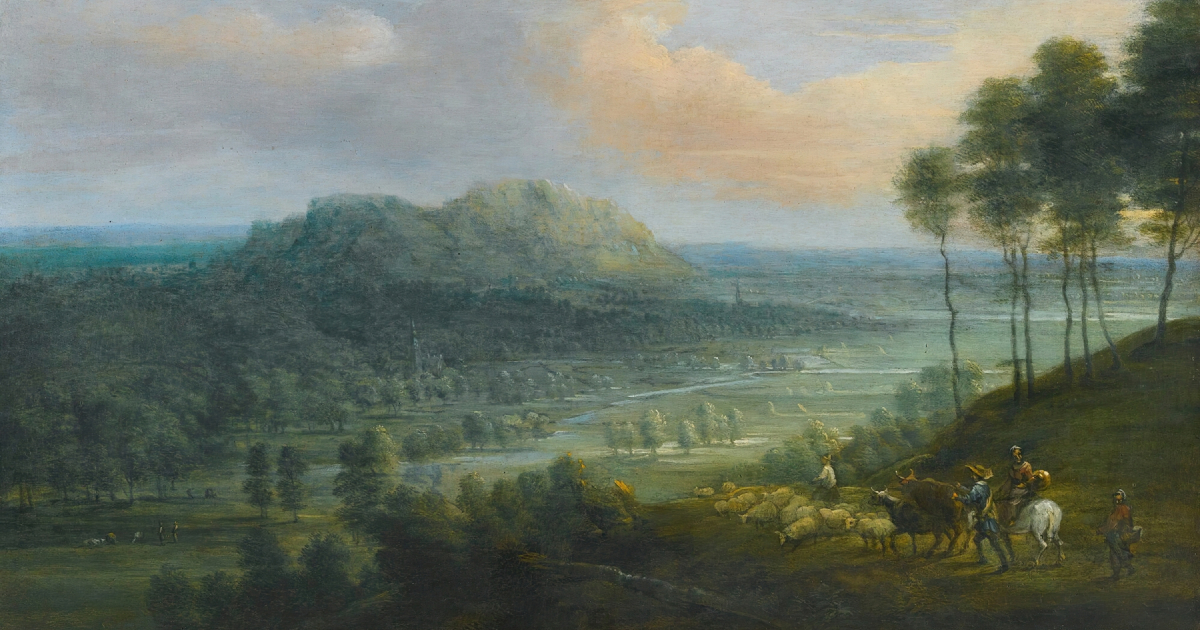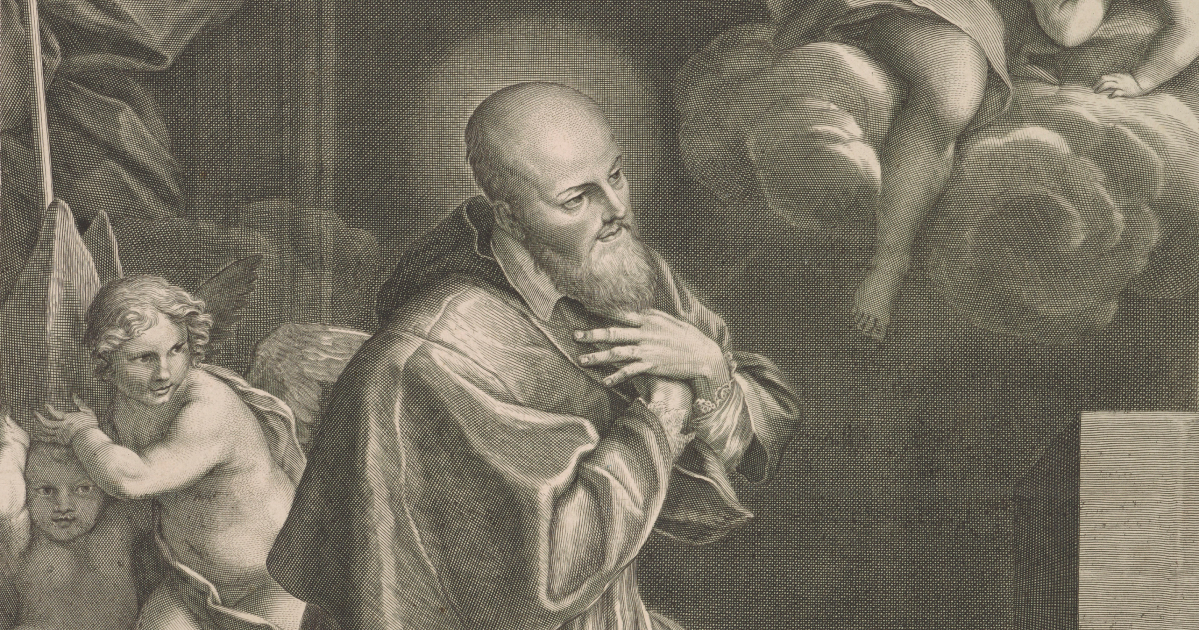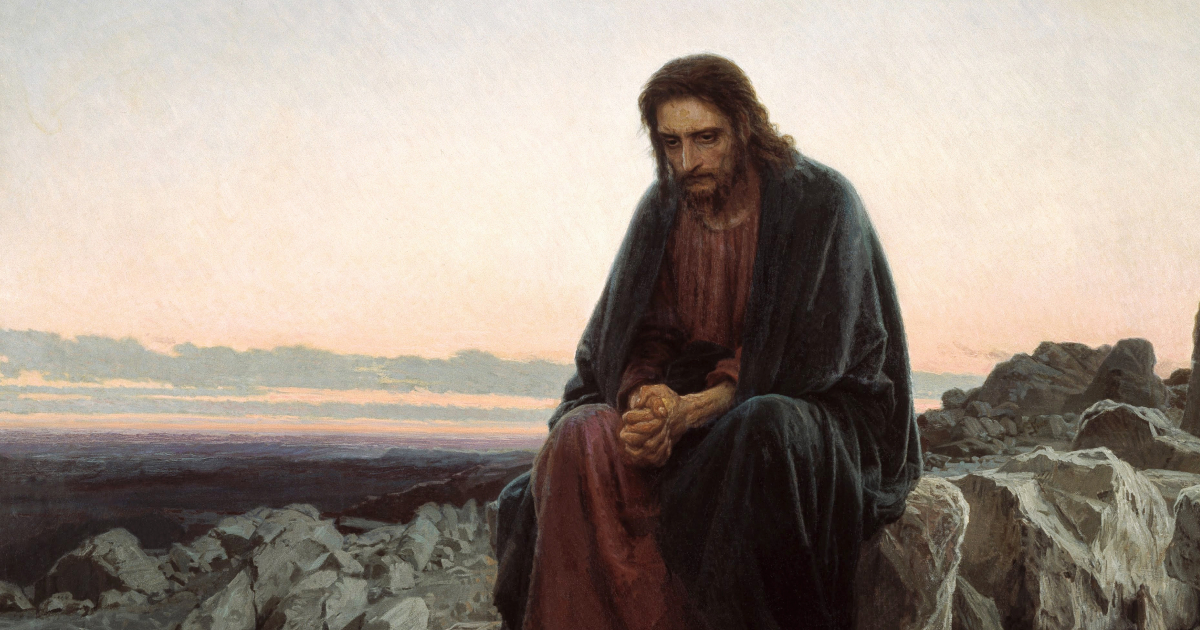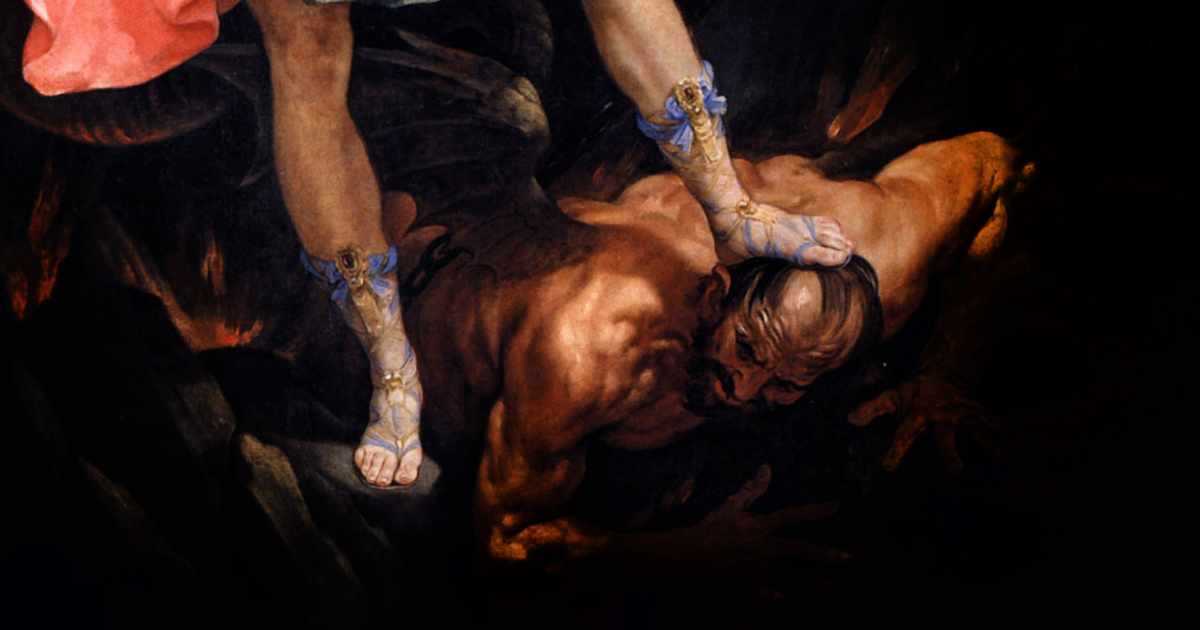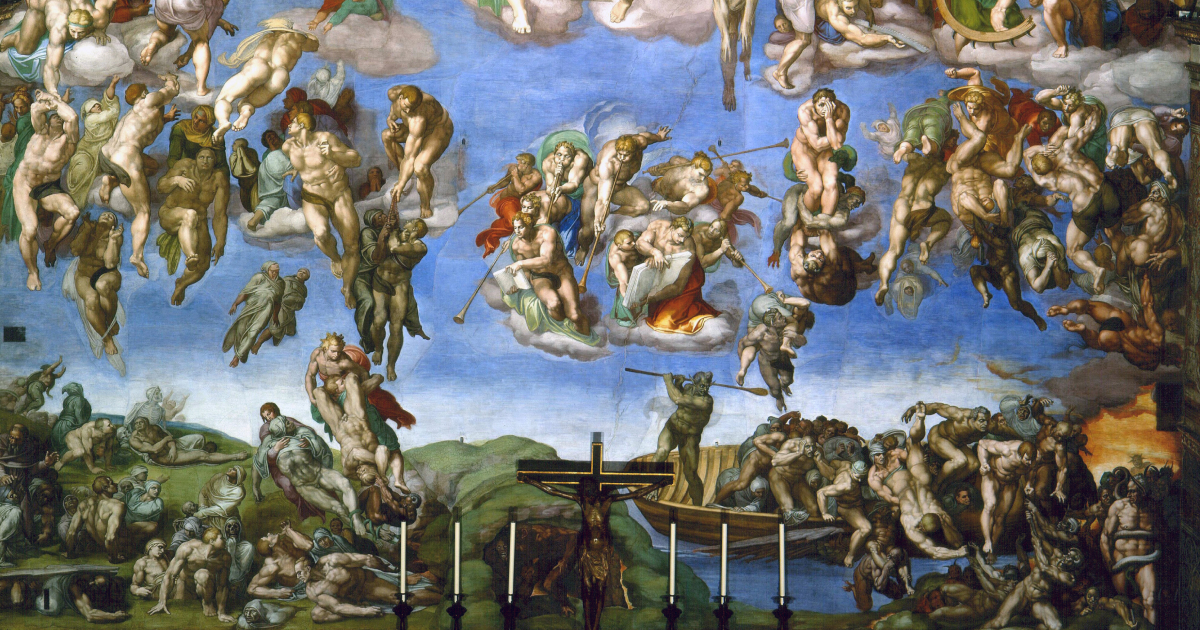“A good book is the precious life-blood of a master spirit, embalmed and treasured up on purpose to a life beyond life.” John Milton, Areopagitica (1644)
In the shadow of Oxford’s dreaming spires, where the air hums with centuries of scholarship and prayer, there nestles a quiet sanctuary for the soul and the mind.
St Philip’s Books, tucked away on St Aldates, is one of Oxford’s hidden treasures and is more than a bookstore. It is a place where the scent of aged paper mingles with the whisper of turning pages, inviting browsers to linger in the glow of timeless wisdom. It also serves as a warm hearth of Catholic intellectual life, where the love of books and the love of God share the same shelf.
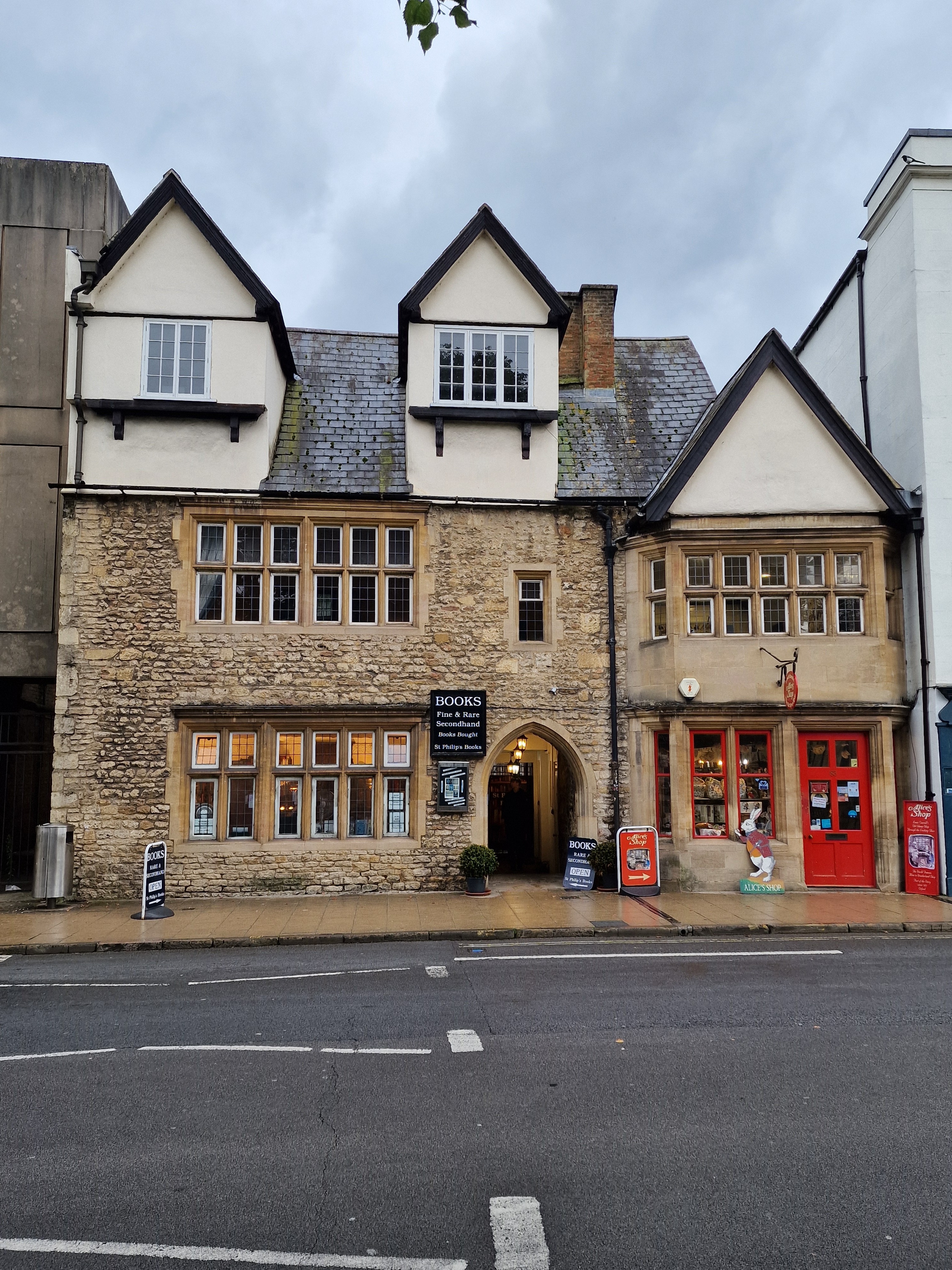
The shop’s story begins in 1995, born as a humble mail-order venture from the home of Christopher Zealley, a former graduate student whose passion for older Catholic volumes had blossomed in the 1980s.
“St Philip’s started in 1995 as a mail-order business run from home specialising in rare and secondhand Catholic books,” Zealley recalls. “Its patron is St Philip Neri, to whom my wife and I had developed some devotion after the Oxford Oratory was founded in 1990.”
What began with personal collections – particularly works by John Henry Newman and pre-conciliar luminaries like Ronald Knox, Vincent McNabb OP and C.C. Martindale SJ – soon outgrew the domestic hearth. In 2001, at the invitation of the university chaplain, Fr Peter Newby, operations moved to the charming premises at 82 St Aldates.
Oxford’s unique character, a tapestry of ancient colleges, religious orders and a vibrant Catholic community of students, has profoundly shaped the shop.
“While a graduate student in the 1980s I had been collecting older Catholic books for personal interest,” Zealley explains. “Their books had been published in many editions and in the 1980s and '90s could readily be found in secondhand bookshops.”
Once established in the city, he broadened the range to sustain the business, yet theology remains the beating heart.
“Given the presence of many religious orders and the sizeable population of Catholic dons and students, it has been feasible to continue with a major theological emphasis,” he notes.
The seasonal ebb and flow of academic life means catalogues still wing their way both by post and email – a rare, personal touch in today’s digital haste. Retiring academics and churchmen in the area have enriched the shelves with diverse treasures in theology and the humanities, turning curation into “a fascinating journey”.
Step inside, and the shelves unfold like a well-loved breviary of theological and spiritual learning, specifically curated for the Catholic reader: theology, the Inklings, the Oxford Movement, literature and rare editions beckon with quiet allure.
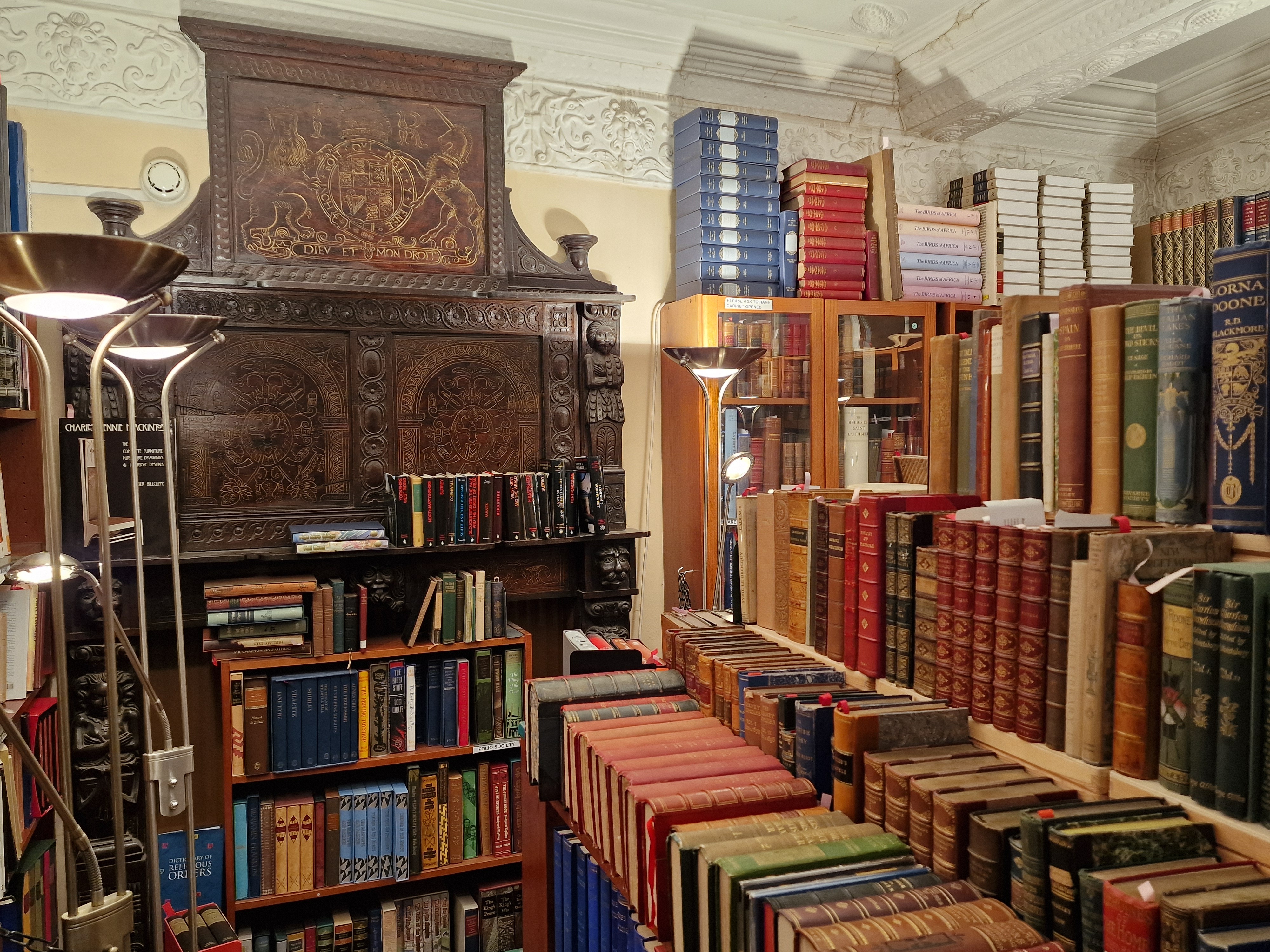
Zealley’s guiding principle is simple yet profound: “My aim is to buy anything that looks interesting and saleable, the main exclusions being books which are excessively technical or of narrow professional interest."
He adds: “My central concern is still with Catholic Christianity in all its dimensions: history, philosophy, literature, art and philosophy and so on.”
The collection tells a story of faith’s enduring dialogue with culture – a narrative of resurrection for forgotten voices. Today, for a generation marred by smartphone over-usage and fast, consumerist “content”, St Philip’s offers something irreplaceable: the slow, human joy of encounter.
Zealley describes “the opportunity to check the contents of a book, and to enjoy actually seeing and handling books, many of which are the products of much skilful craftsmanship in their bindings and in the quality of their paper, printing and illustration”.
Similarly, here conversation flows as freely as the Thames River nearby; browsers pause, ponder and connect in ways the Internet’s cold efficiency cannot replicate.
Extraordinary volumes have graced these hands, each with its own tale. “I suppose the highpoint so far was [20 years ago] buying and selling Tolkien’s own 18th-century set of St Thomas’s Summa Theologiae, 5 large quarto volumes in a contemporary vellum binding, each with his signature,” Zealley says.
“But I had scruples about breaking up the collection and selling the volumes individually and so sold the set complete to a serious Italian Tolkien collector. Now I wish I had kept it, but the funds were much needed at the time.
"Somewhat to my shame, I haven’t yet bought and sold an incunable [a printed book dating from before 1500] but 16th-century books in theology are easier to find than in other subjects and I have various Catholic specimens,” explains Zealley.
As a result, while no incunable has yet passed through, 16th-century theological gems abound, whispering of ages past. Looking ahead, Zealley envisions St Philip’s as a steadfast outpost.
“I hope to continue trading in the shop for some years to come. I like to think St Philip’s offers a valuable resource especially for Catholics looking for particular books or reading material in particular subjects,” he reflects.
In a world where religious libraries dwindle and theology finds fewer institutional homes, the shop bridges the gap.
“The business also provides a service for those hoping their valued collections will reach appreciative homes rather being pulped by house clearers or charity shops,” Zealley says.
“There are fewer religious houses with significant libraries than a generation ago, and fewer academic institutions are interested in buying theology. This means that it has become more important than ever to help individual Catholics find books to help them grow in the understanding and practice of their faith.”
Under St Philip Neri’s gentle patronage, this cozy corner of Oxford endures as a beacon – warm, inviting and alive with the “precious life-blood” of master spirits.
On its shelves, faith and intellect entwine, reminding us that some treasures are best discovered not online, but in the quiet embrace of a book held close.
RELATED: Oxford Oratory to mark 150 ‘years of grace’ anniversary
Photo: St Giles' Street in Oxford, England, 12 March 2012 (Photo by Oli Scarff/Getty Images)





.jpg)



